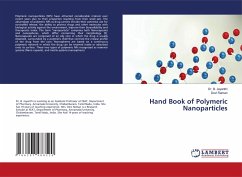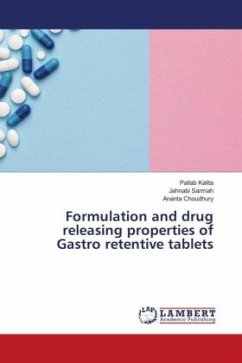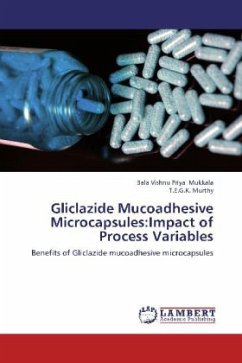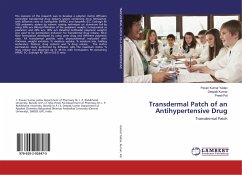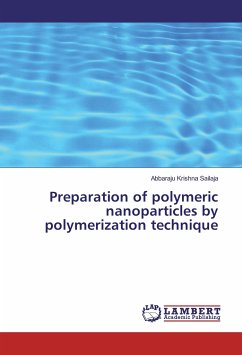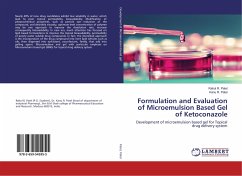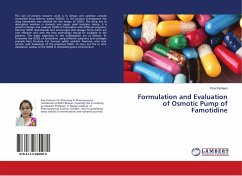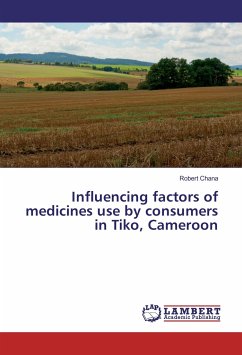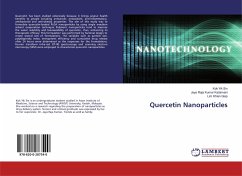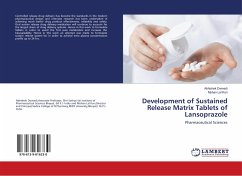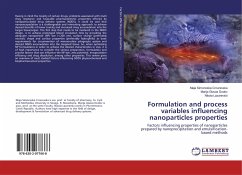
Formulation and process variables influencing nanoparticles properties
Factors influencing properties of nanoparticles prepared by nanoprecipitation and emulsification-based methods
Versandkostenfrei!
Versandfertig in 6-10 Tagen
33,99 €
inkl. MwSt.

PAYBACK Punkte
17 °P sammeln!
Having in mind the toxicity of certain drugs, problems associated with multi drug resistance and favorable pharmacokinetic properties offered by nanoparticulated drug delivery systems (NDDS), it could be said that nanoencapsulation is a challengeable and interesting approach to achieve desired benefits of lower toxicity and increased drug accumulation into the target tissue/organ. The first step that needs to be mastered in the NDDS design, is to achieve prolonged blood circulation time by providing the adequate nanoparticle (NP) size (200 nm), surface charge (preferably neutral), shape and su...
Having in mind the toxicity of certain drugs, problems associated with multi drug resistance and favorable pharmacokinetic properties offered by nanoparticulated drug delivery systems (NDDS), it could be said that nanoencapsulation is a challengeable and interesting approach to achieve desired benefits of lower toxicity and increased drug accumulation into the target tissue/organ. The first step that needs to be mastered in the NDDS design, is to achieve prolonged blood circulation time by providing the adequate nanoparticle (NP) size (200 nm), surface charge (preferably neutral), shape and surface properties (preferably hydrophilic) as basic requirements for circumvention of mononuclear phagocyte system and desired NDDS accumulation into the targeted tissue. So, when optimizing NP formulations in order to achieve the desired characteristics in vivo, it is of high importance to consider the various preparation, formulation and process factors that can influence the NP size, zeta potential, encapsulation efficiency and drug dissolution, among other properties. This review gives an overview of most studied factors influencing NDDS physicochemical and biopharmaceutical properties.



